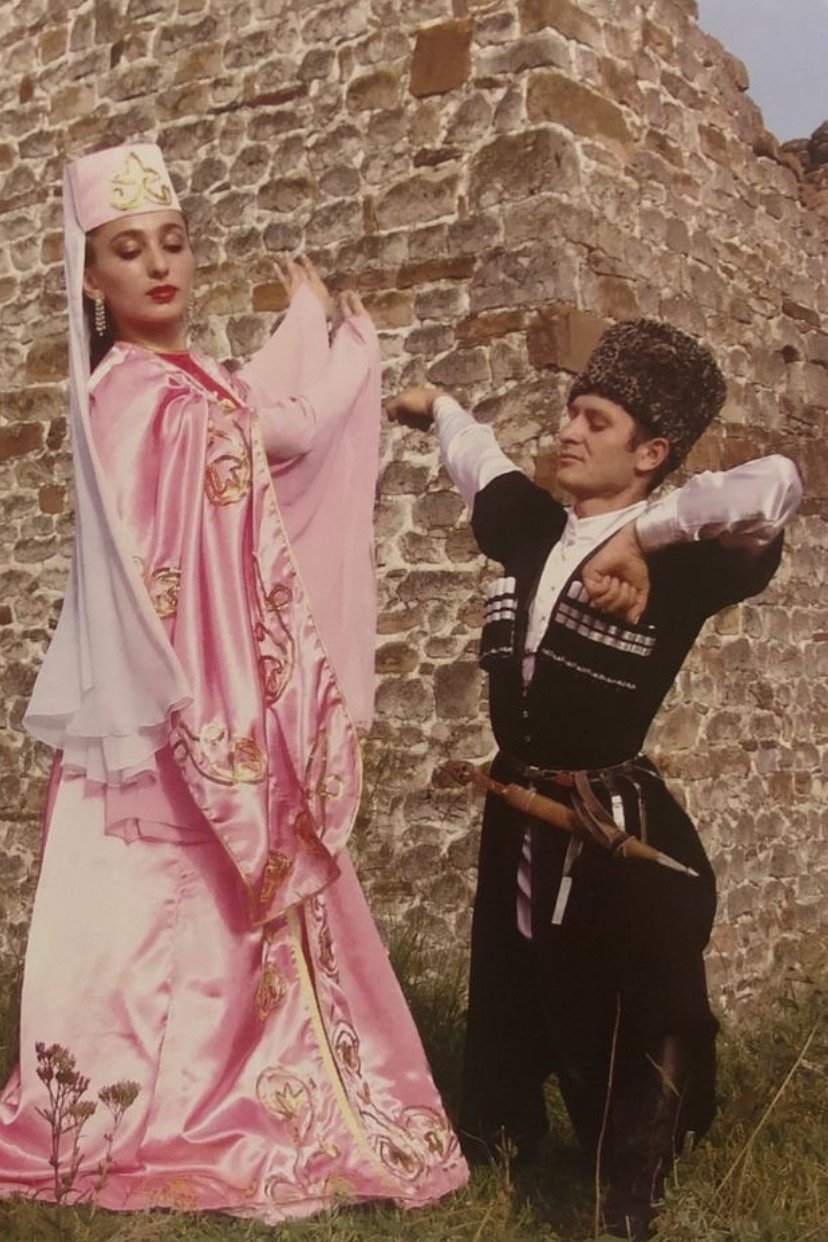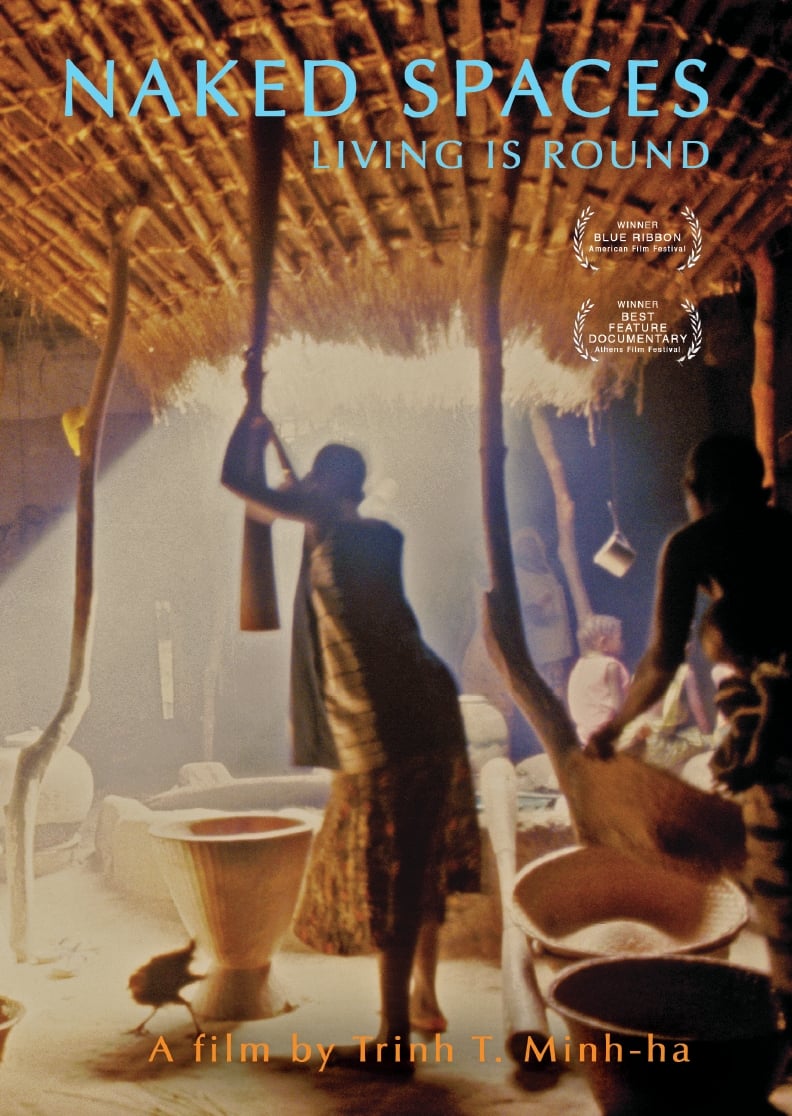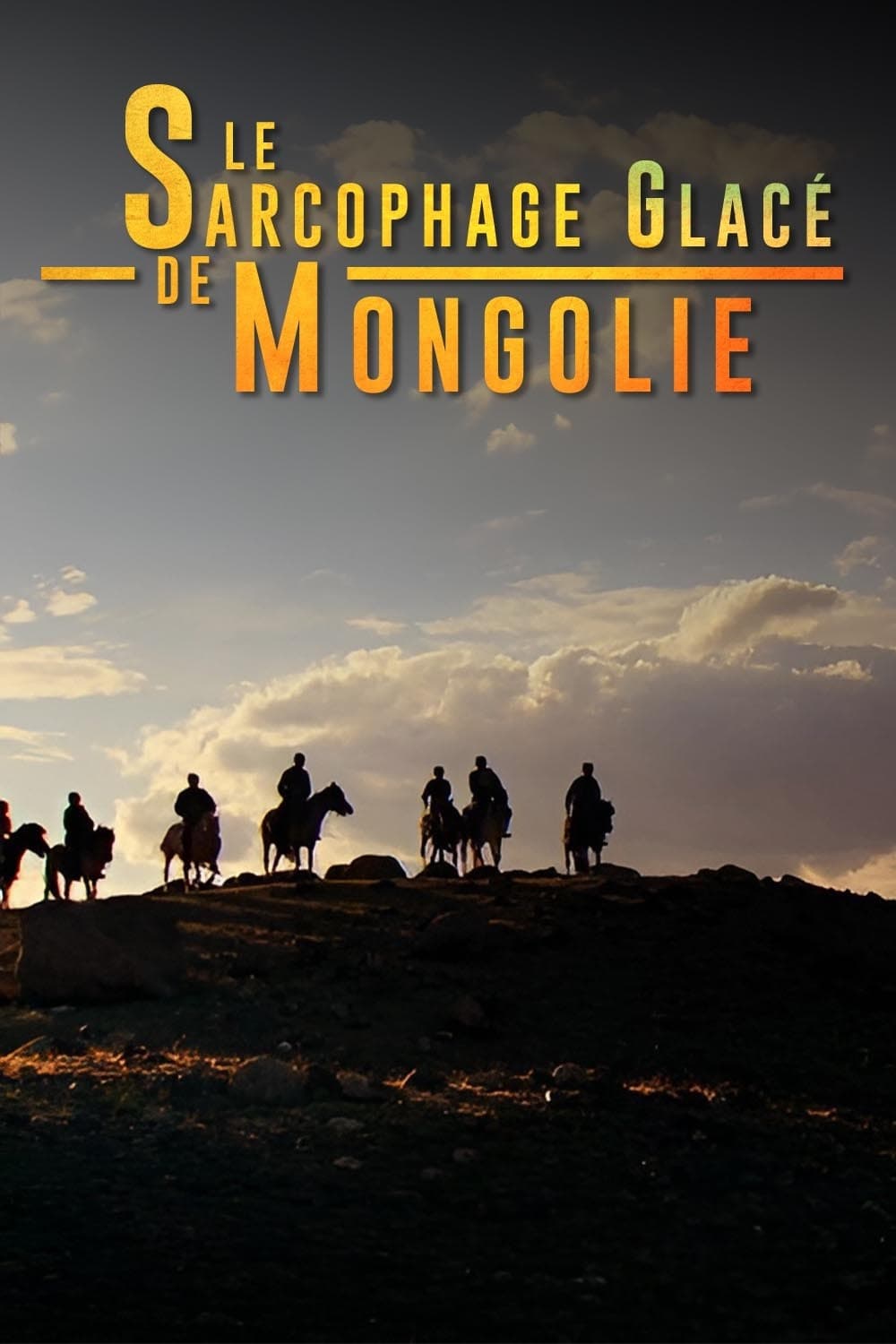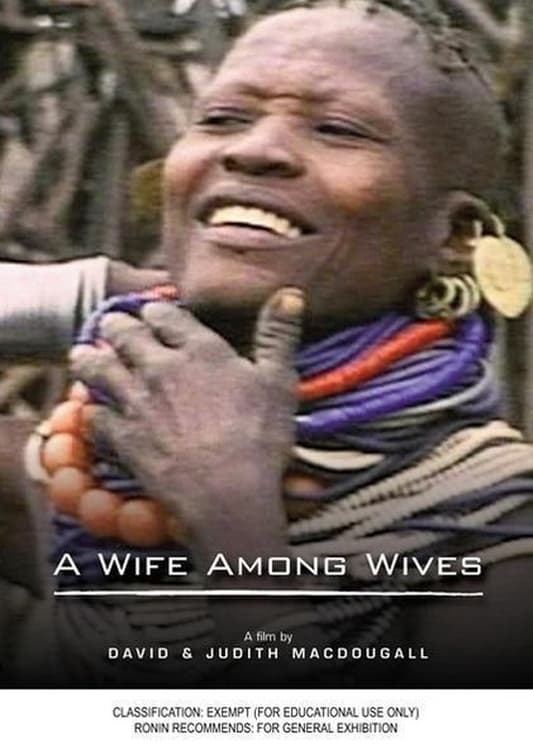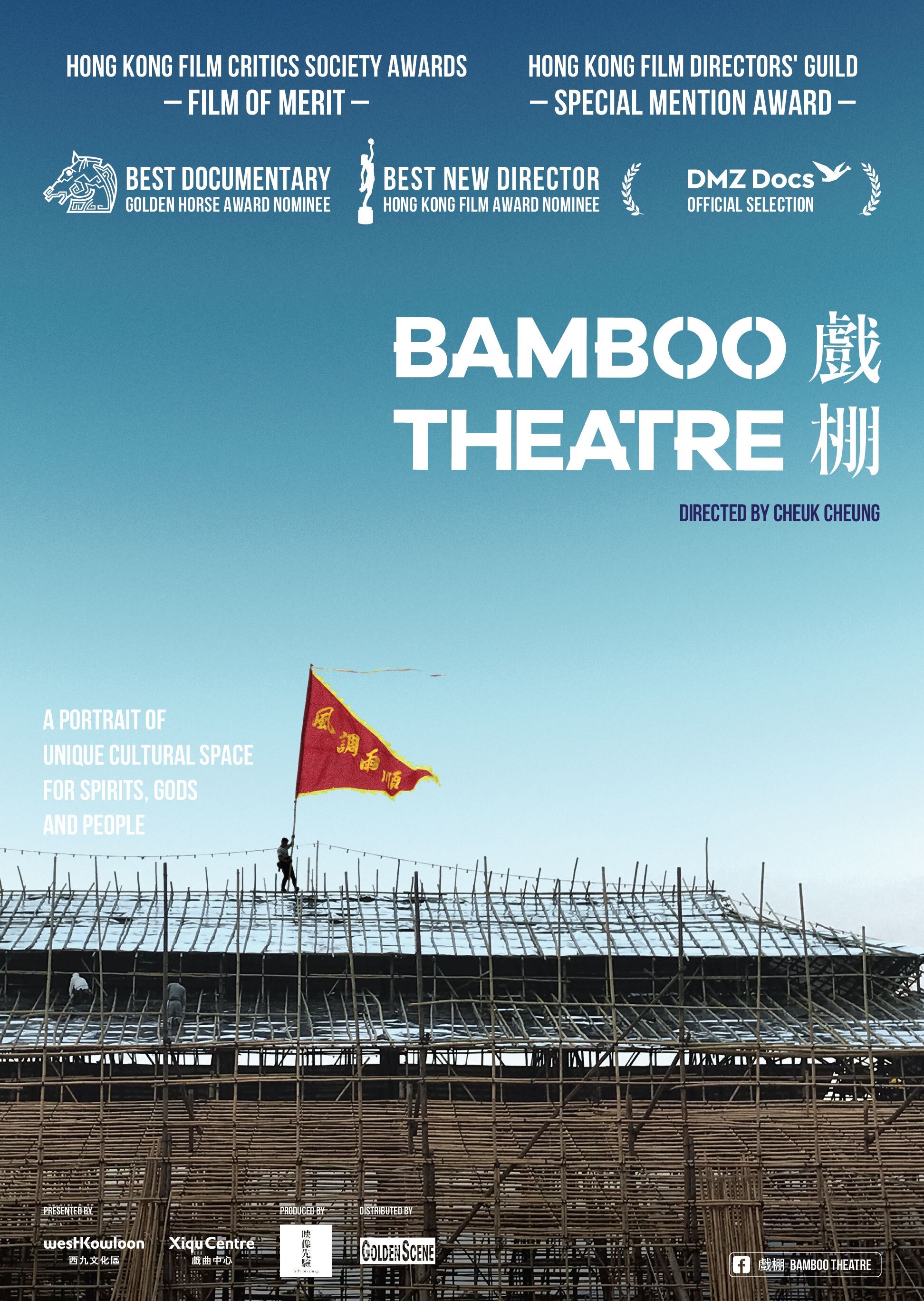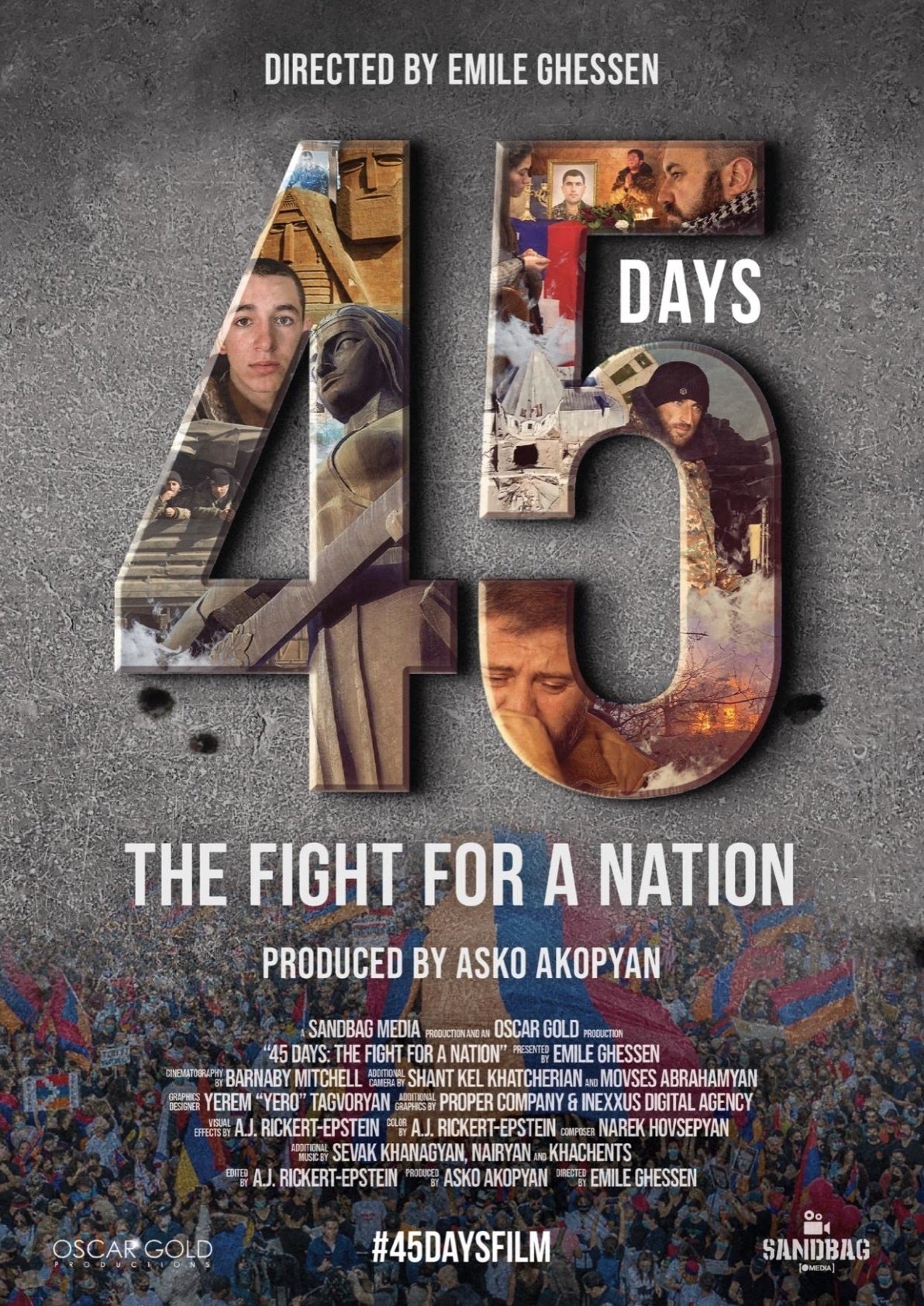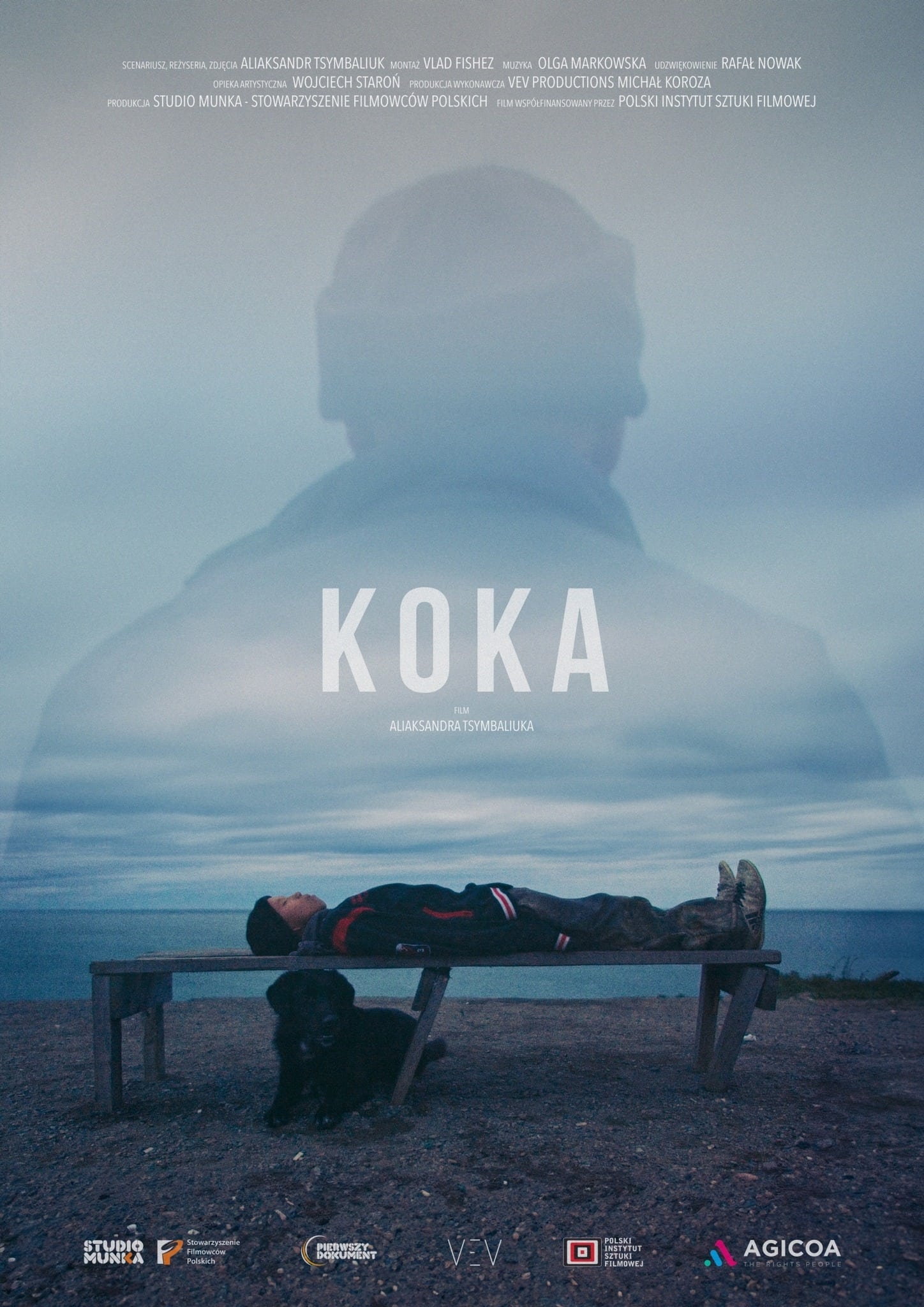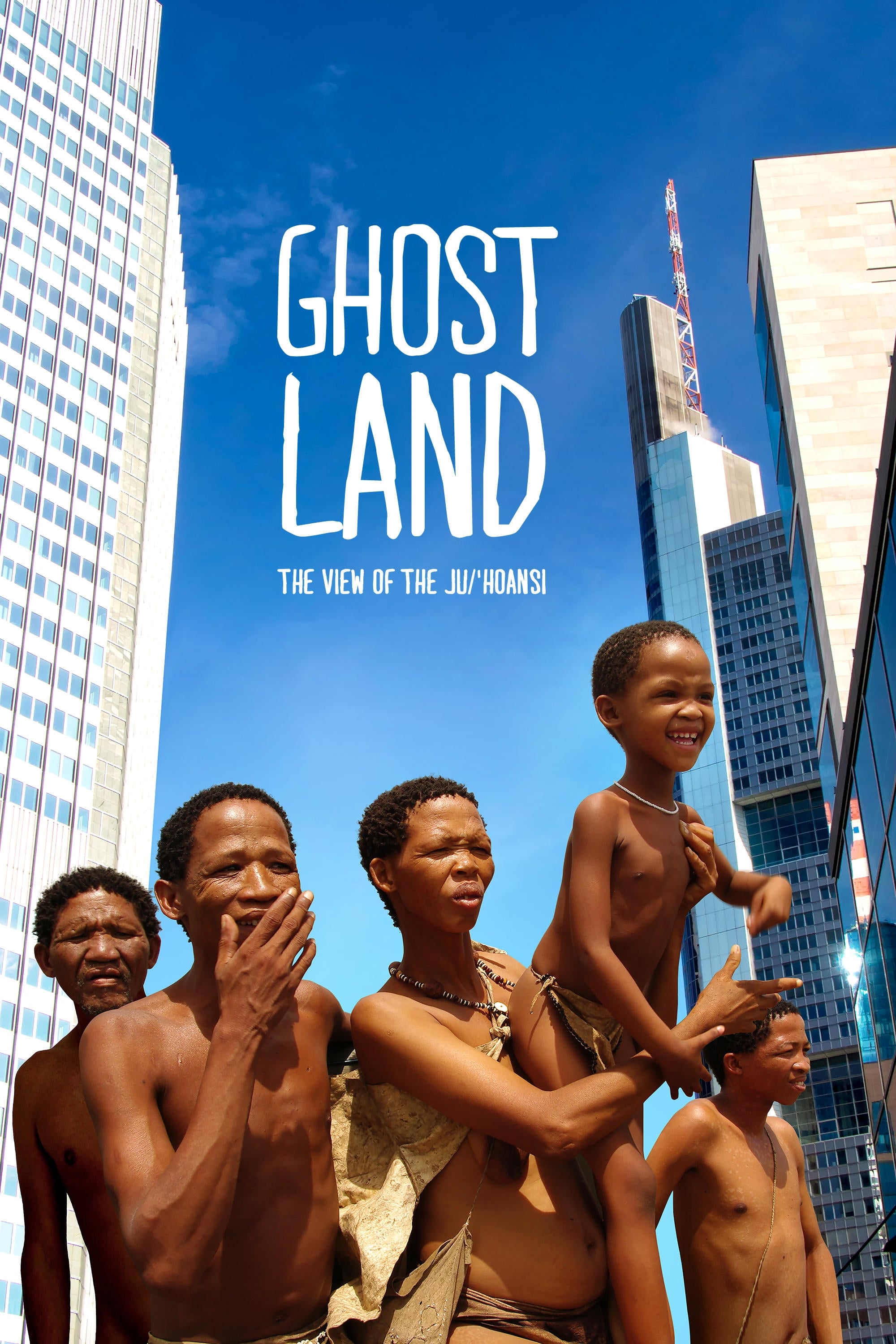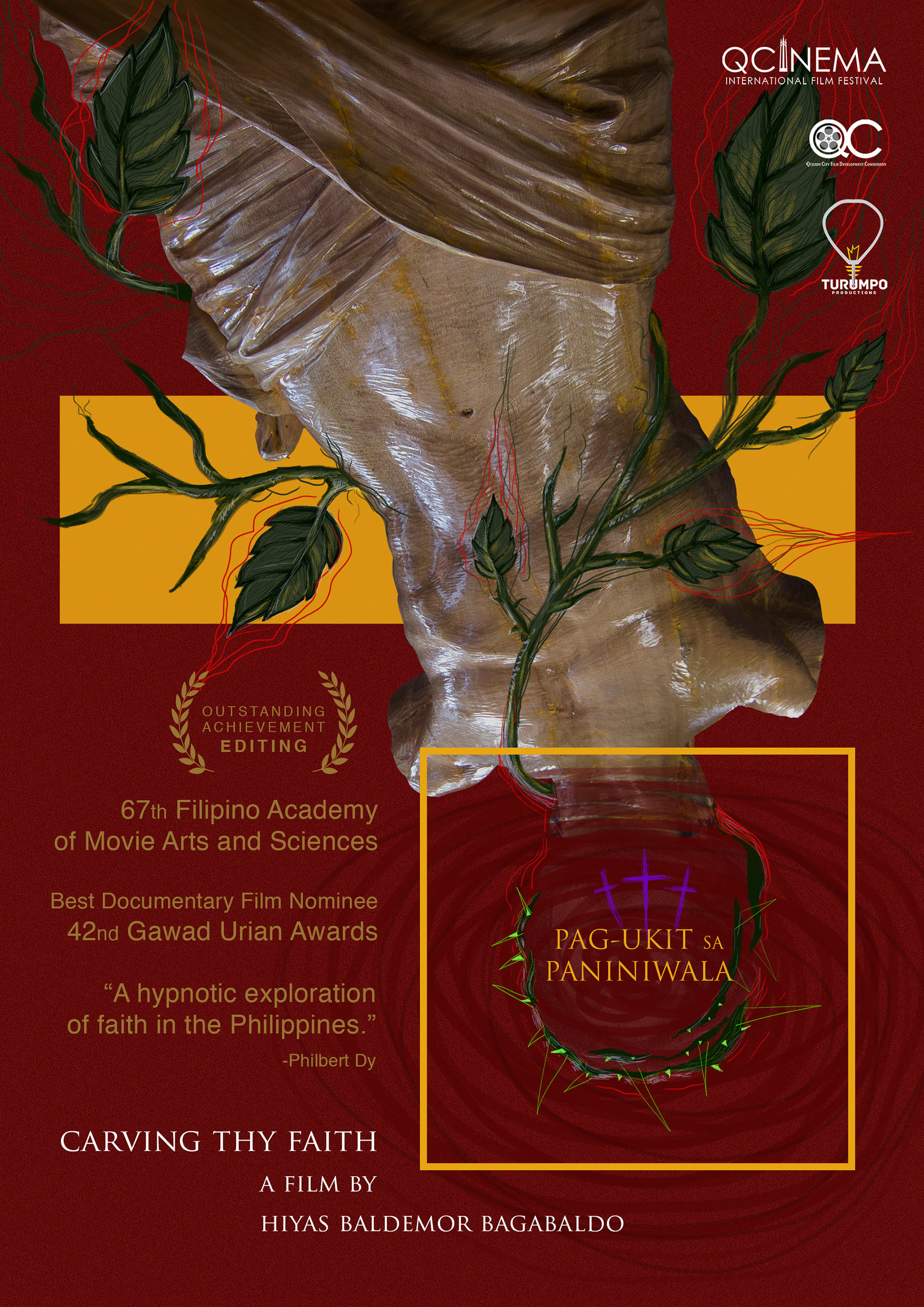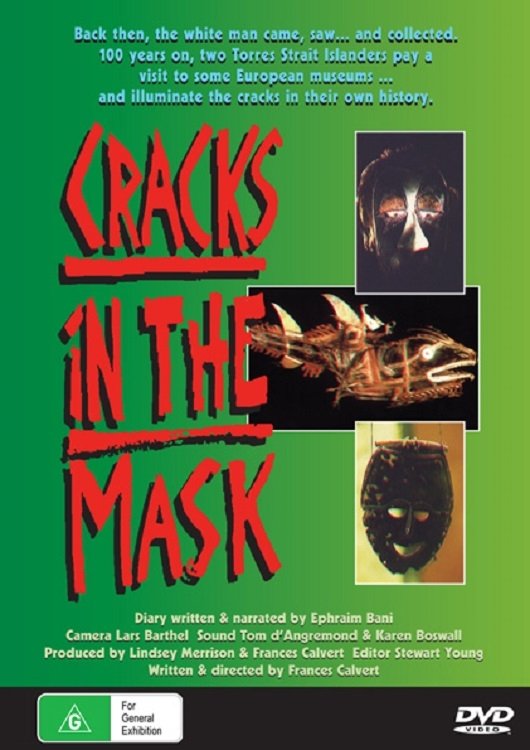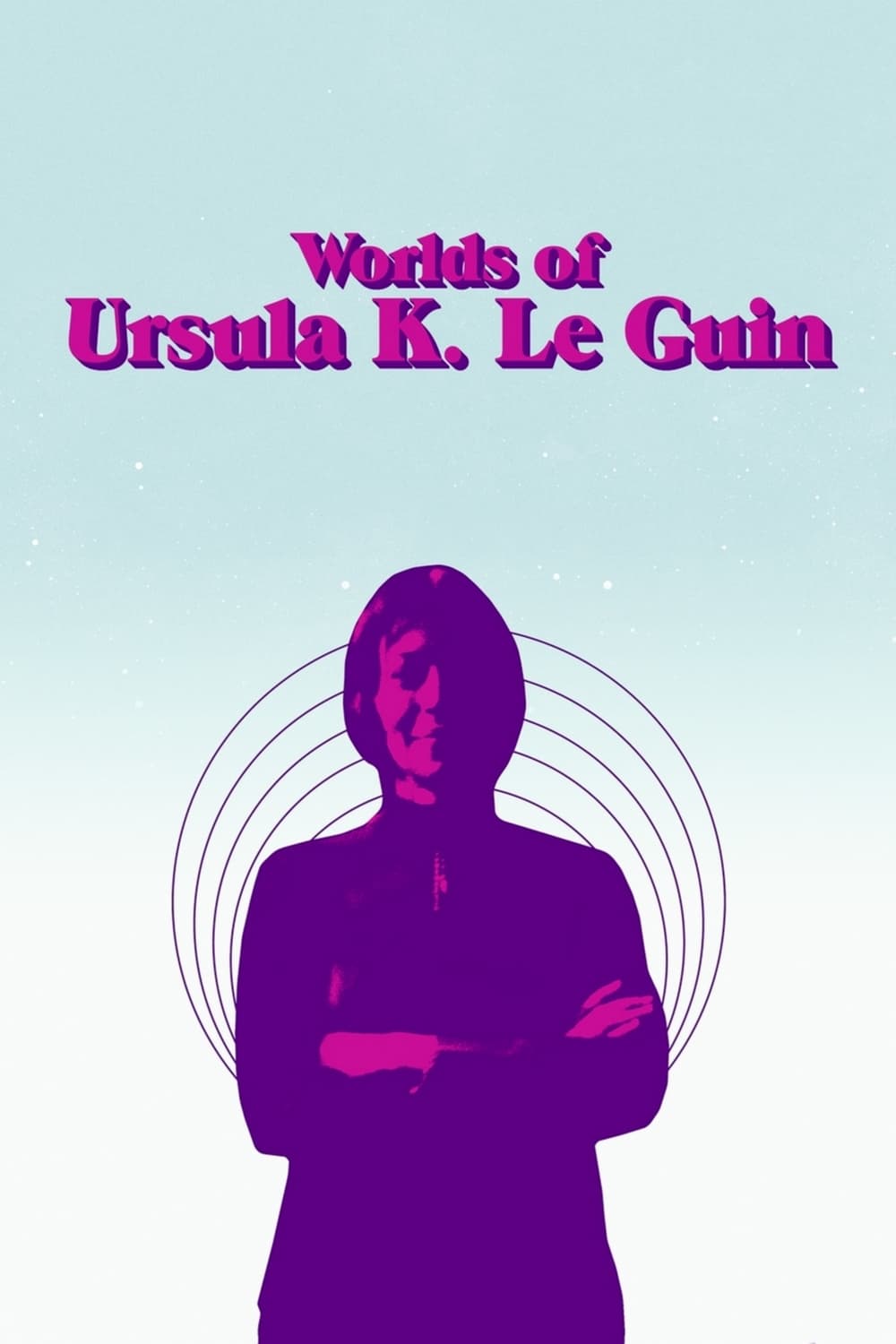Melodies of the mountains
2006
0h 45m
0.0(0 votes)
Documentary
Overview
Film about the singing and dancing culture of the Ingush people
Links & Resources
Social & External
Production Companies
Cast & Crew
7 members
Acting
Lyubov Barakhoeva
Self

Sound
Timur Dzeitov
Self

Acting
Khadiza Akhilgova
Self
No Image
Acting
Zaira Akhloeva
Self
No Image
Acting
Hava Yandieva
Self

Acting
Ruslan Zangiev
Self
No Image
Acting
Raya Evloeva
Self
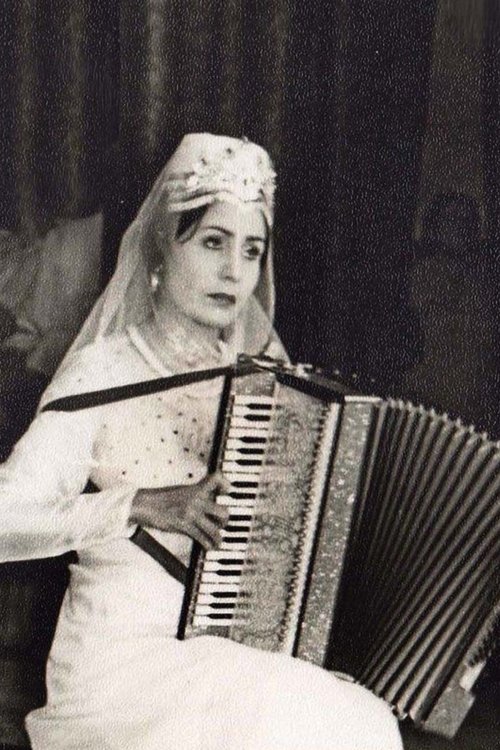
Similar Movies
Recommended Movies

No Recommendations Yet
We're working on finding the perfect movies for you. Check back soon!
More movies coming soon
